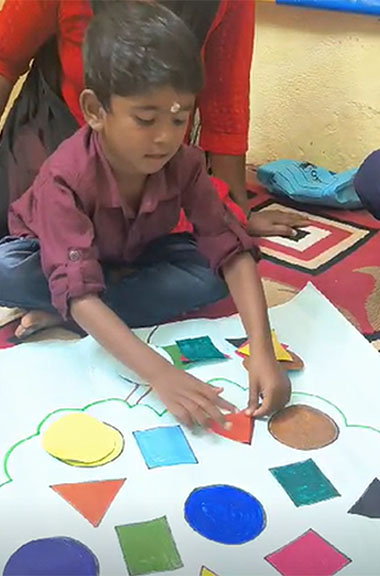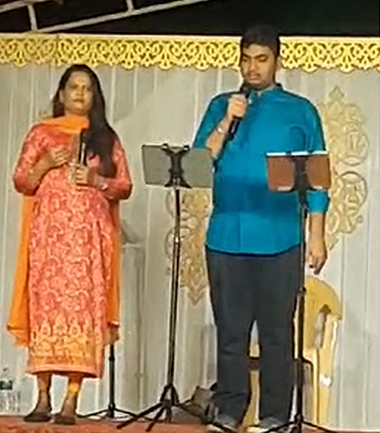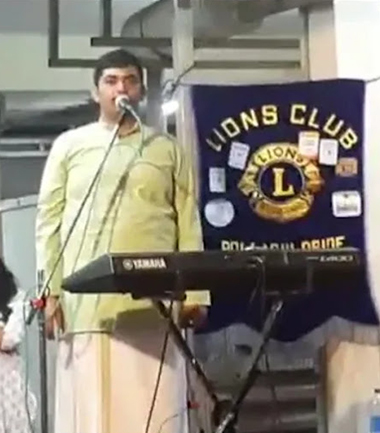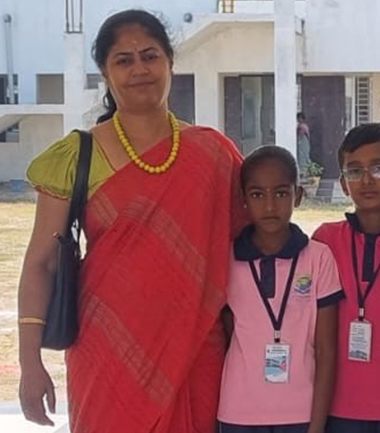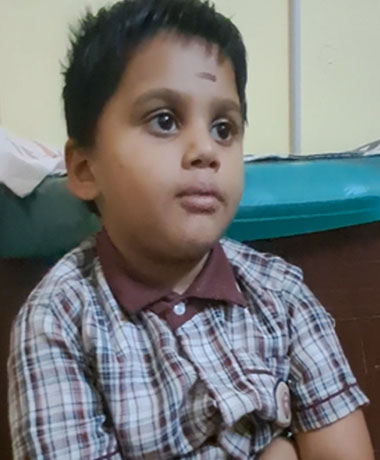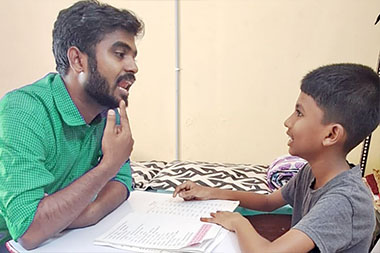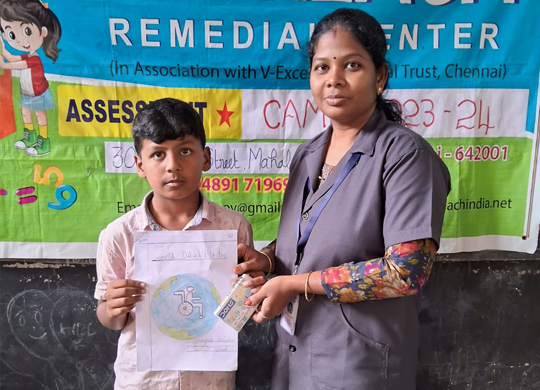
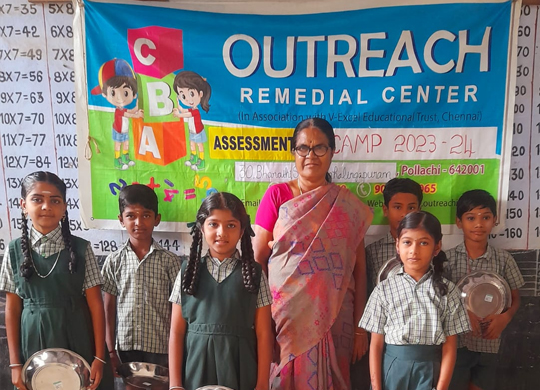
SUCCESS STORIES
REMEDIAL TEACHING FOR CHILDREN FROM BELOW POVERTY LINE FAMILIES WITH SPECIFIC LEARNING DISABILITIES (SLD)
School Adoption Program –An Overview
For many children in India the access to a school where they can actually learn is challenging enough. However, in rural area like Pollachi, for government school children from under privileged family, an additional hurdle such as learning disability can prove too difficult to overcome.
Many government schools in India place children with different academic abilities and varying educational needs in the same classroom. Only 48% of standard V students in rural India were able to read a class II text in 2014. The children with weak learning foundations progressively lag behind and end up leaving school without basic literacy and numeric skills.
Children with Specific Learning Disabilities (SLD) can face multiple forms of exclusion in family, school and thus often limiting their participation in their community. It can also mean they don’t go to school or that they aren’t given the support that they need. Ignorance or a lack of resources, sometimes both, is a real issue; of equal concern is the drive to ensure quality remedial education for children with Specific Learning Disabilities (SLD).
We at Outreach Remedial Center a unit of OutReach Educational and Charitable Trust (In association with V-Excel Educational Trust, Chennai) believe that every child should have access to quality education, independent of their socio-economic circumstance. We know that our remedial educational programs that are targeted directly at children with Specific Learning Disabilities (SLD) from below poverty line families help to address their low levels of learning outcomes.
Here are the success stories from our School Adoption Program of 3 government school children who are pursuing their school education despite coping with challenging Specific Learning Disabilities (SLD).
